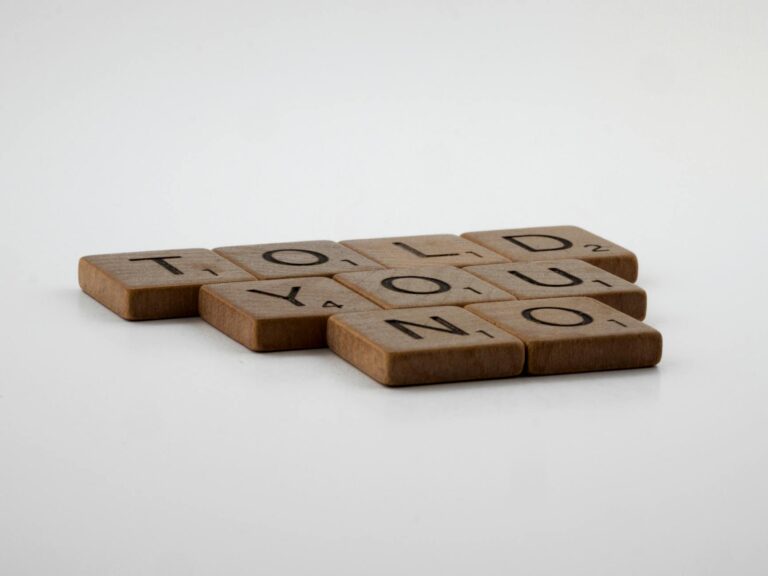Dementia is a broad term used to describe a decline in mental abilities that interferes with daily life. It is often associated with memory loss, but it also affects other cognitive functions such as reasoning, communication, and problem-solving. There are many different forms of dementia, but one that is less commonly known is gds dementia.
Gds dementia stands for Global Deterioration Scale, which is a rating system used to measure the stages of dementia. It was developed by Dr. Barry Reisberg, a professor of psychiatry at New York University, and is based on the progression of symptoms seen in Alzheimer’s disease, the most common form of dementia.
The Gds dementia scale has seven stages, each representing a different level of cognitive decline. Let’s take a closer look at each stage to understand how gds dementia progresses.
Stage 1: No Cognitive Decline
At this stage, there are no signs of cognitive impairment. The individual’s memory, communication, and problem-solving abilities are all normal.
Stage 2: Very Mild Cognitive Decline
This stage can be considered a normal part of aging. The person may notice slight changes in their memory, such as forgetting where they put their keys or struggling to find the right words. These changes are often not noticeable to others or affect daily functioning.
Stage 3: Mild Cognitive Decline
In this stage, family members or close friends may start to notice changes in the individual’s cognitive abilities. They may have difficulty remembering recent events or names of familiar people. They may also have trouble concentrating or organizing thoughts.
Stage 4: Moderate Cognitive Decline
At this stage, the individual’s cognitive decline becomes more apparent. They may have difficulty performing tasks that require planning and organization, such as paying bills or managing finances. They may also struggle with remembering personal information and have trouble following conversations.
Stage 5: Moderately Severe Cognitive Decline
In this stage, the individual needs assistance with daily activities. They may have trouble dressing themselves or preparing meals. They may also experience significant memory loss, especially around past events and personal information.
Stage 6: Severe Cognitive Decline
At this stage, the individual’s cognitive abilities are severely impaired. They may have difficulty recognizing familiar faces or remembering their own name. They may also have trouble with basic tasks such as eating and using the bathroom. At this point, they require constant care and supervision.
Stage 7: Very Severe Cognitive Decline
This is the final stage of gds dementia and is characterized by a complete loss of communication and physical abilities. The individual is no longer able to respond to their environment and requires round-the-clock care.
It is important to note that the progression of gds dementia can vary from person to person. Some individuals may progress through the stages at a faster rate, while others may stay in one stage for a longer period. It also depends on the underlying cause of dementia, as different forms of dementia can progress differently.
Currently, there is no cure for gds dementia, but there are treatments available to help manage symptoms and improve quality of life. These can include medications to slow down the progression of symptoms and therapies such as occupational therapy and speech therapy to improve cognitive function.
In addition to medical treatment, there are also lifestyle changes that can help manage gds dementia. These include regular exercise, a healthy diet, social interaction, and engaging in mentally stimulating activities.
If you or a loved one are experiencing symptoms of gds dementia, it is important to seek medical advice and get a proper diagnosis. While gds dementia is a challenging condition, with proper support and care, individuals can still maintain a good quality of life.
In conclusion, gds dementia is a type of dementia that uses a rating scale to measure the progression of symptoms. It has seven stages, each representing different levels of cognitive decline. While there is no cure, treatments and lifestyle changes can help manage symptoms and improve quality of life. If you or someone you know is experiencing symptoms of gds dementia, it is important to seek medical help for proper diagnosis and care.





